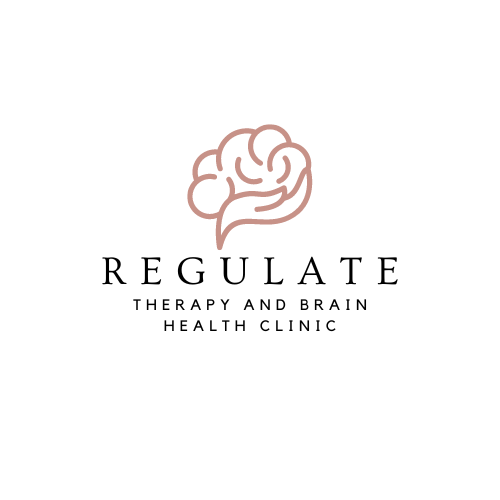Rofus had a name: Trauma has some too
It never fails, every spring my younger kids are scared of being trapped in the car with flies. My 3 year old little girl acts like she’s going through an exorcism when it lands close to her. She obsessively scans to see where it is going to go. The fear catches to every child in the van until we’re opening all the windows and swatting the stupid thing out.
Today though I suggested we give the fly a name.
“Rufus” she said.”
“Okay, we’ll call him Rufus, he must want a friend—he’s being curious,” I said.
And suddenly it was quiet. They all began just watching where “Rufus” landed and wondered what he was being curious about. Once we got to our destination I asked if we should open up the windows while we’re parked (small town perks), and my daughter said, “I don’t know if he has any friends in this town, I suppose if he leaves he must like it here.”
The power of naming things. When we don’t have a name for things, we fear them. We are confused, we’re scared, and we don’t know how long it will hurt. But when we give it a name, we may find that it’s just not that scary anymore. The same is true for trauma.
When we understand that the limbic system is constantly scanning to make sure we’re safe: We realize we’re not crazy.
When we understand that consistent exposure to trauma actually shrinks the hippocampus (memory center): We realize we’re not just forgetful.
When we understand that chronic stress is related to insulin resistance and weight gain: We realize we’re not just fat.
When we understand that the pre-frontal cortex (responsible for planning, decision making, and regulating our emotions) isn’t fully developed until we’re in our mid 20’s: We realize we’re not simply immature.
When we understand that that approximately 1 out 5 people report being sexually abused before they are 18: We realize we’re not alone.
Naming things for what they really are matters. When we name things accurately, our brains can no longer blame us for things that we have no control over. And, we can begin taking control over the things that are in our awareness.
Educating yourself on what happens in the body when a person experiences adversity is worth it. How you think about these problems will impact how you feel, and ultimately how you behave (more on that later). Don’t blame yourself for things your body was created to do when experiencing stress, trauma, or adversity.
The good news is that our brains are designed to go back to normal too. There’s hope in that.
